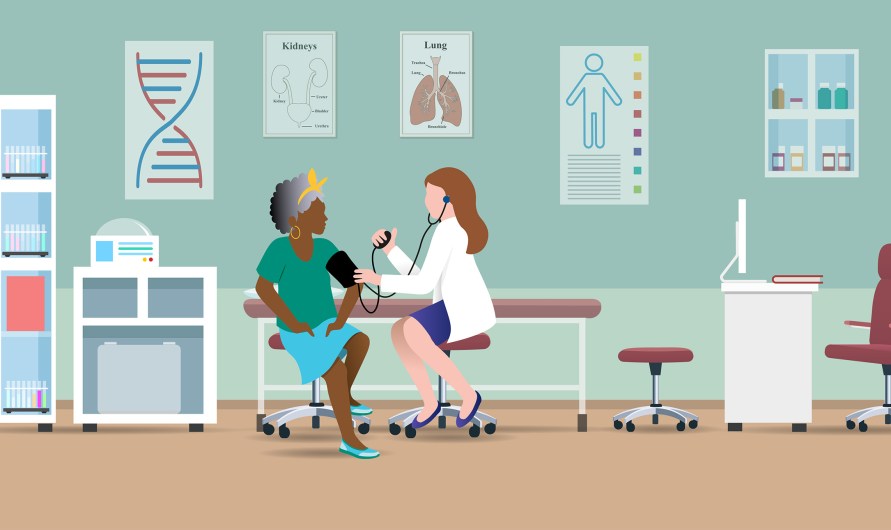
Hypertension
Know your numbers. Take action that matters.
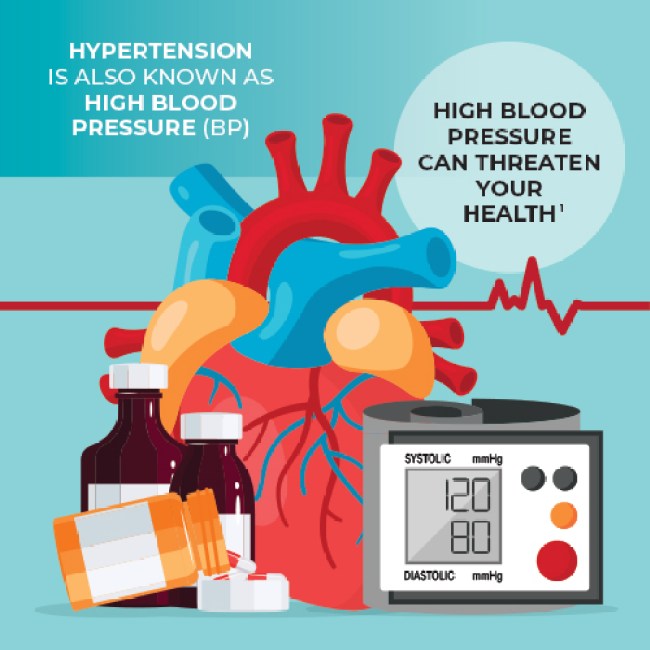
What is hypertension?
High BP is a common condition that develops when blood flows through your arteries at higher-than-normal pressures.2
Your BP is made up of 2 numbers: systolic and diastolic. Systolic is the pressure when the ventricles pump blood out of the heart. Diastolic is the pressure between heartbeats, when the heart is filling with blood. For most adults, a healthy BP is 120/80 mmHg.2
Your blood pressure is considered high when you have consistent systolic readings of 130 mmHg or higher or diastolic readings of 80 mmHg or higher.2
Who is at risk?
Some risk factors are beyond your control and cannot be changed.3

FAMILY HISTORY AND GENETICS
High blood pressure often runs in families. [3]

RACE OR ETHNICITY
Some race/ethnic groups are at a higher risk of developing high blood pressure than others. [4]

AGE
Blood pressure tends to increase with age. Our blood vessels naturally thicken and stiffen over time. These changes increase the risk for high blood pressure. [3]

GENDER
Men are more likely than women to develop high blood pressure throughout middle age. In older adults, women are more likely than men to develop high blood pressure. [3]
Do lifestyle choices increase risk?
Many factors can raise your blood pressure. Some of the risks can be controlled by making lifestyle changes. Leading a healthy lifestyle can lower the risk of developing hypertension.3
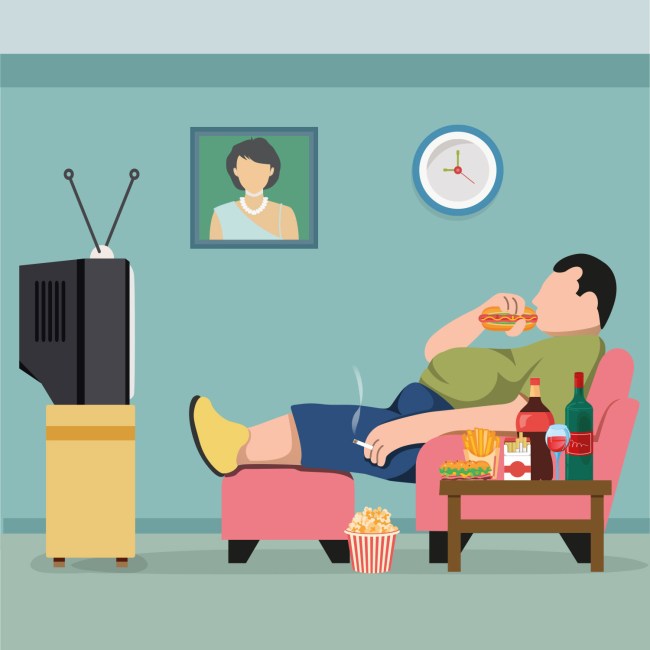
Lifestyle habits that can increase the risk of high blood pressure
- Eating unhealthy foods often, especially those with too much salt.3
- Smoking or drinking too much alcohol or caffeine.3
- Being physically inactive.3
- Not getting enough good-quality sleep.3
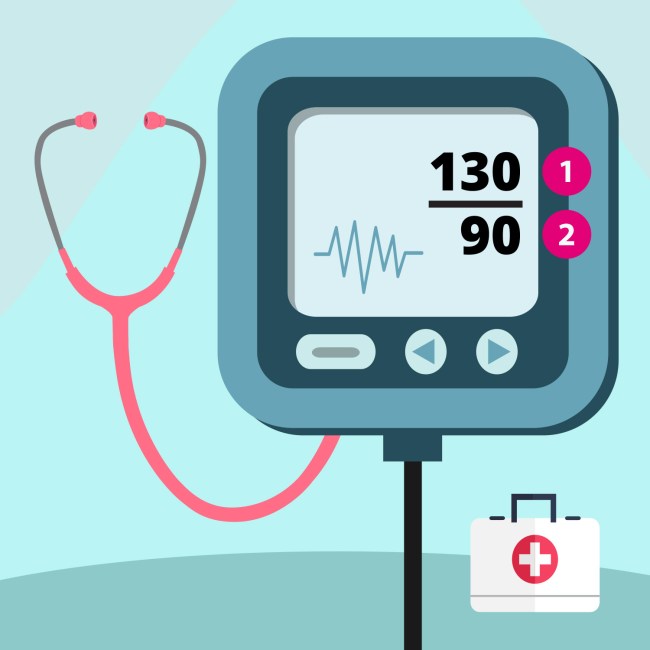
What the blood pressure numbers mean
Blood pressure is measured using two numbers 5
The first number is called SYSTOLIC BP
It measures the pressure in your arteries when your heart beats.
The second number is called DIASTOLIC BP
It measures the pressure in your arteries when your heart rests between beats.
What are the signs and dangers?
You may not feel that anything is wrong, but high blood pressure could be quietly causing damage that can threaten your health. The best prevention is knowing your numbers and making changes that matter in order to prevent and manage high blood pressure.1
AMERICAN HEART ASSOCIATION RECOMMENDS:
What can be done to prevent, manage and treat hypertension?
Make changes to your diet
- Choose low-sodium options and do not add salt to your food.9
- Eat a heart-healthy diet, rich in foods like fruits, vegetables, wholegrains, low-fat dairy products, skinless poultry and fish, nuts and legumes, and non-tropical vegetable oils.10
- Eat unprocessed or minimally processed foods most often.9
- Limit intake of saturated fats, trans fats, red meat (when you do eat meat select the leanest cuts) and sweets or sweetened beverages.10
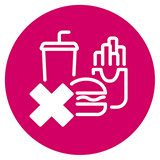
Avoid unhealthy choices
- Avoid excess alcohol consumption.9
- Quit smoking.9
Stay healthy
- Be physically active.9
- Maintain a healthy body weight.9
Listen to your doctor
- Take your medication as prescribed by your doctor.11
- Get your blood pressure checked regularly and understand what it should be.11
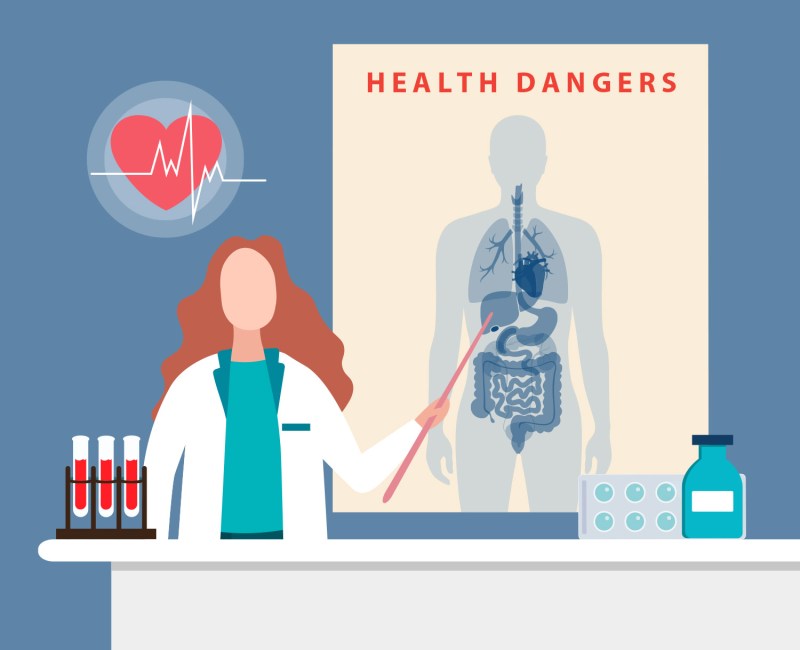
High blood pressure is a “Silent Killer” 11
There is no cure for hypertension, however using medications prescribed by your doctor and making lifestyle changes can enhance your quality of life and reduce your risk of serious health problems.11
SPEAK TO YOUR DOCTOR.
To report an Adverse Event or Product Quality Complaint with a specific Organon product, please contact dpoc.zaf@organon.com.
REFERENCES
- American Heart Association (AHA). Health Topics: What is High Blood Pressure? Available at: https://www.heart.org/en/health-topics/high-blood-pressure/the-facts-about-high-blood-pressure/what-is-high-blood-pressure. Accessed: April 2023.
- National Heart, Lung, and Blood Institute (NHLBI). Health Topics: High Blood Pressure. What Is High Blood Pressure. Available at: https://www.nhlbi.nih.gov/health-topics/high-blood-pressure. Accessed: April 2023.
- National Heart, Lung, and Blood Institute (NHLBI). Health Topics: High Blood Pressure. Causes and Risk Factors. https://www.nhlbi.nih.gov/health/high-blood-pressure/causes. Accessed: April 2023.
- Kandala NB, Tigbe W, Manda SOM, et al. Geographic Variation of Hypertension in Sub-Saharan Africa: A Case Study of South Africa. American Journal of Hypertension. 2013;26(3):382-391.
- Centers for Disease Control and Prevention (CDC). High Blood Pressure. High Blood Pressure Symptoms & Causes. Available at: https://www.cdc.gov/bloodpressure/about.htm. Accessed: April 2023.
- National Heart, Lung, and Blood Institute (NHLBI). Health Topics: High Blood Pressure. Diagnosis. https://www.nhlbi.nih.gov/health/high-blood-pressure/diagnosis. Accessed: April 2023.
- American Heart Association (AHA). Health Topics. High Blood Pressure. Understanding Blood Pressure Readings. Available at: https://www.heart.org/en/health-topics/high-blood-pressure/understanding-blood-pressure-readings. Accessed: April 2023.
- American Heart Association (AHA). Health Topics: What are the Symptoms of High Blood Pressure? Available at: https://www.heart.org/en/health-topics/high-blood-pressure/why-high-blood-pressure-is-a-silent-killer/what-are-the-symptoms-of-high-blood-pressure. Accessed: April 2023.
- Campbell NR, Khalsa T, Lackland DT, et al. High Blood Pressure 2016: Why Prevention and Control Are Urgent and Important. The World Hypertension League, International Society of Hypertension, World Stroke Organization, International Diabetes Foundation, International Council of Cardiovascular Prevention and Rehabilitation, International Society of Nephrology. The Journal of Clinical Hypertension. 2016;18(8):714-717.
- American Heart Association (AHA). Health Topics: Managing Blood Pressure with a Heart-Healthy Diet. Available at: https://www.heart.org/en/health-topics/high-blood-pressure/changes-you-can-make-to-manage-high-blood-pressure/managing-blood-pressure-with-a-heart-healthy-diet. Accessed: April 2023.
- American Heart Association (AHA). Health Topics: Changes You Can Make to Manage High Blood Pressure. Available at: https://www.heart.org/en/health-topics/high-blood-pressure/changes-you-can-make-to-manage-high-blood-pressure. Accessed: April 2023.
ZA-LXQ-110023 05/25